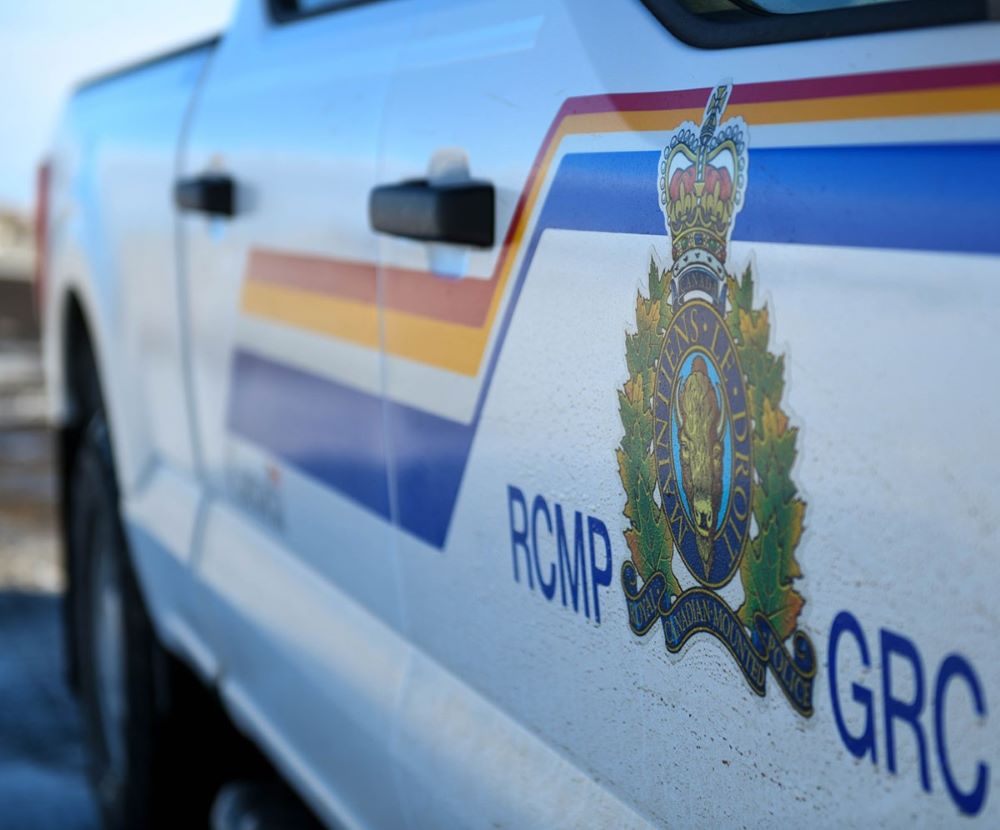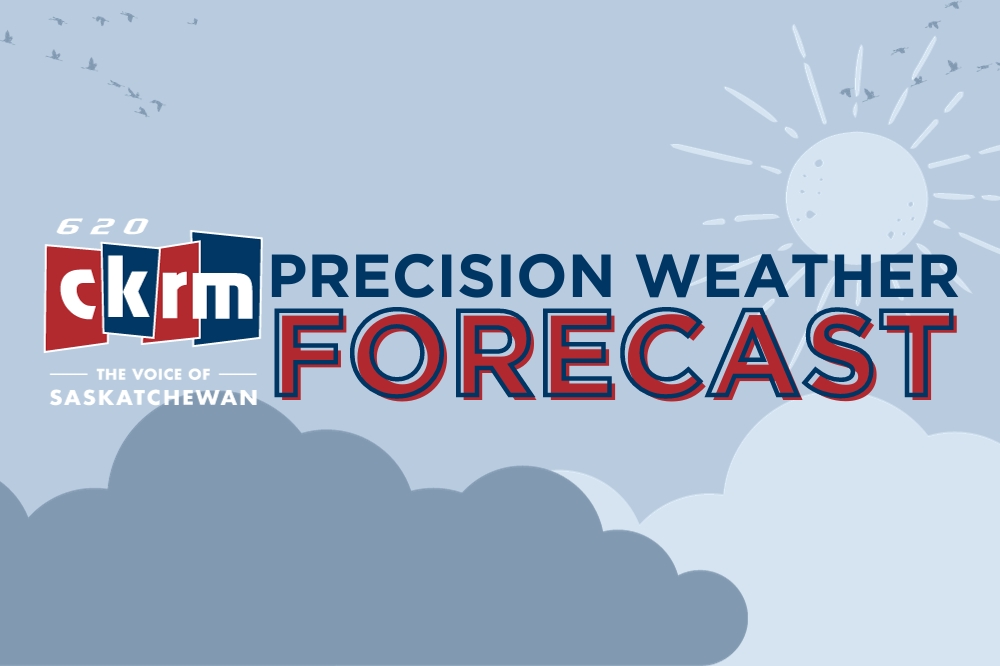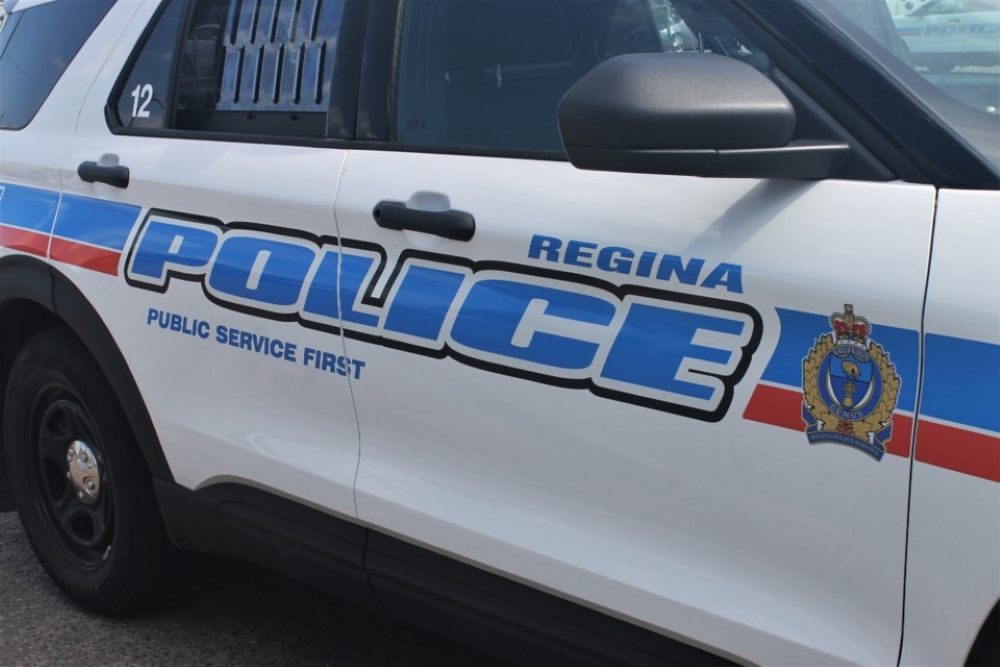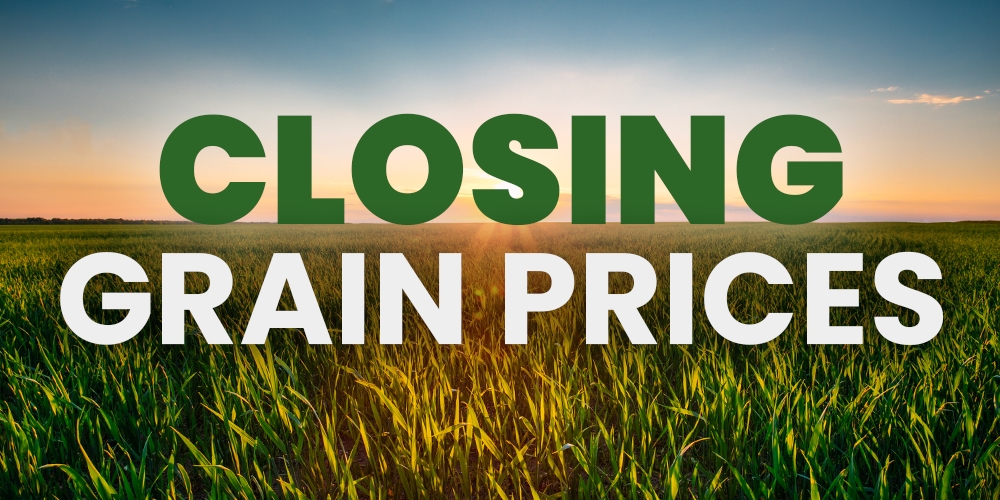While people are self-isolating and staying indoors, the Canadian Mental Health Association (CMHA) is suggesting tips to keep in mind during the COVID-19 pandemic.
Phyllis O’Connor, executive director with the CMHA Saskatchewan Division, admitted it’s perfectly normal for people to be suffering from anxiety and depression at a time when people are entering uncharted territory with the virus.
She said there is a way for people to reach out if they need help – whether it’s through the CMHA or other health agencies – while offices are closed due to laws passed by governments.
“People should be reaching out. It doesn’t mean we’re not there on the phones, and you can go to emails,” shared O’Connor.
“We’re busy trying to work together to see other methods of keeping people in the loop, whether it’s through social media or support groups that aren’t face-to-face.”
She added they are in the process of trying to figure out how they are going to fill the gaps on some of the services they can’t offer through drop-in centres, but they can still offer those services in a different way.
However at this time, O’Connor said it’s important for residents to remain focused on the factors within your control, such as washing hands, covering your mouth during coughs and sneezes, and avoiding non-essential travel.
“The fact of the matter is we are going to get through this.”
The CMHA Saskatchewan Division is offering five tips to help individuals experiencing heightened mental health concerns to remain calm and balanced as this public health situation unfolds.
- Considering the level of attention and seriousness being paid to the COVID-19 pandemic, it’s normal to feel anxious. Try not to avoid, ignore or suppress anxious thoughts. Instead, be aware of your anxiety and accept that you’re feeling anxious in this situation. Try to keep things in perspective; notice and challenge your thoughts that may be extreme or unhelpful.
- Self-care is critically important at this time, as worries can be made worse if we aren’t taking care of ourselves. Lean on social supports, try to get enough sleep, eat healthy, exercise and engage in enjoyable activities. Do the things you would typically do to support your health, and be sure to use caution and follow health and safety guidelines while doing them.
- Seek information from reliable news sources only. Limit checking on the latest news to short, defined periods, and refrain from setting related push notifications on your device. Appropriate information consumption may be calming and can lessen the sense of danger.
- Take the recommended precautions as outlined by Health Canada and other credible health agencies. Remain focused on the factors within your control, such as washing hands, covering your mouth during coughs and sneezes, avoiding non-essential travel, etc.
- If you’re noticing that your symptoms of anxiety (in association with COVID-19 or otherwise) are causing you significant distress or are interfering with your ability to function normally, reach out for formal mental health supports from a recognized agency, such as CMHA.








